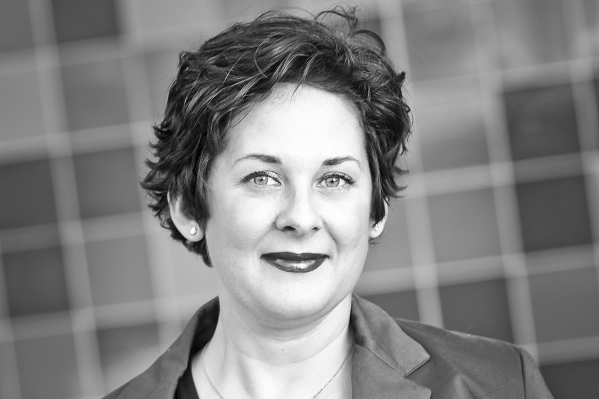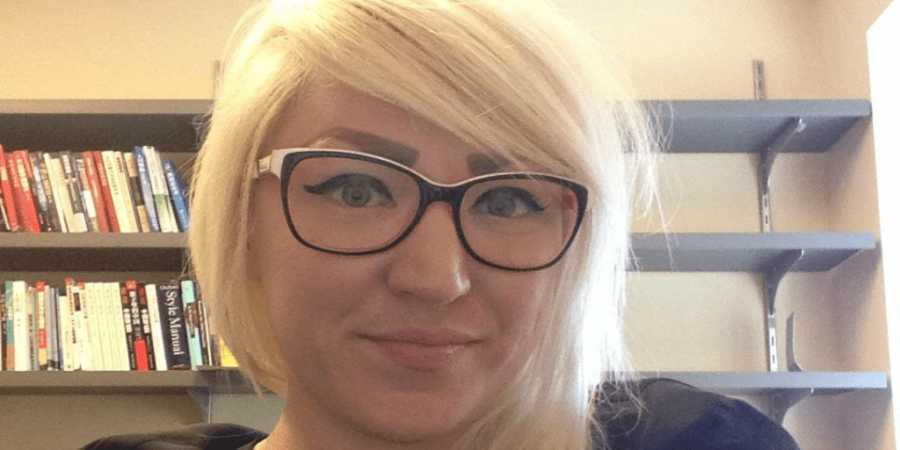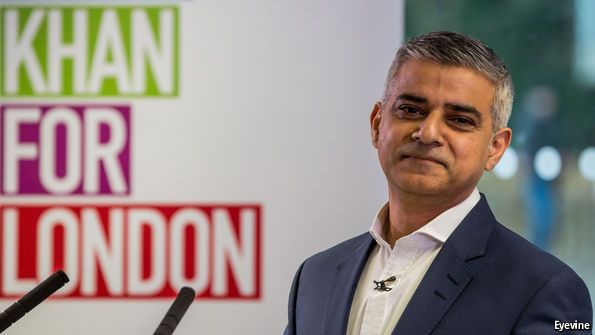In California, a community clinic founded by Muslims and based on Islamic values is providing free healthcare to anyone who needs it. In Dallas, the first Muslim-founded shelter for domestic abuse survivors is providing first-class care to central Texas women of all faiths. In Florida, an organization that provides civic and legislative advocacy training to young leaders is preparing a new generation of Muslims to represent our interests in the American political process.
These are but three examples of the hundreds of amazing initiatives founded and run by Muslims in the U.S. Add to that the independent Muslim social workers and businesspeople who are diligently making their corner of the country a better place with each passing year, and it’s hard to deny that Muslims are among the most valuable members of our society. Yet the majority of Americans are still unaware of the great work being done by Muslims across the country; work that often benefits all Americans regardless of their faith traditions.
This past year I was invited to develop a training program tailored specifically to teach American Muslims how to use social media to amplify our voices online. As a digital marketing professional and an American Muslim I jumped at the opportunity. My team and I opted to travel to mid-sized cities where Muslims don’t always have access to the resources and support available to us in larger cities.
American Muslims make up around one percent of the total population in the United States, but a recent poll by a British marketing research firm finds that the average American actually thinks we make up around 15%. That means our fellow citizens and leaders are making policies and voting on issues pertaining to Muslims (locally and nationally) based on their perceptions of who we are, and those perceptions are decidedly skewed.
Few Americans know a Muslim personally or even socially. Coincidentally (or not), the refrain of ‘not enough Muslims are speaking out on big issues’ echoes across the airwaves. The best way to combat misconceptions is with the truth. Muslims are doing fantastic work in all sectors of American life – from the healthcare industry to the arts. Many of our activists across the country are working themselves to sheer exhaustion. They are building valuable social and political institutions, speaking out against social and political injustice, and publicly challenging the misappropriation of our religion by terrorists—often all at the same time So why aren’t they being heard?
Once you discount willful ignorance, one of the biggest reasons Muslim voices aren’t being heard is that mainstream media has chosen to present a very specific picture of what it means to be a Muslim in America. Rarely are we given a public media forum to discuss issues that don’t pertain to a tragic event or conflict in which Islam is ‘on trial.’ We scarcely hear from Muslim economists, doctors, artists or educators who are experts in their fields, but we often switch on the television or browse the Internet to find Muslims being called upon to assuage the fears of viewers/listeners when tragedies occur. Our collective public stance is almost always defensive.
To further compound the problem, because Muslims are under a microscope during these rare opportunities to share our views in national forums, we often internally select the most ‘ideal’ among us to be our representatives to the public. That ideal, however, tends to have a very narrow definition, giving us a monolithic appearance to the American public and contradicting the reality of our diversity on the ground. There is, of course, no single perfect Muslim who adequately can represent all of us to the American public. Our community is arguably the most diverse religious group in the U.S., made up of African-Americans, immigrants from dozens of countries, converts, and first-and-second generation kids coming up with uniquely American sensibilities. Our community spans religious sects, political parties and an entire spectrum of philosophies. Yet none of this diversity is ever translated through the mainstream media, or even through the individuals who are perennially asked to represent us on television, radio, newspapers and magazines.
Enter social media. Through the use of social media, American Muslims can create a national platform for ourselves (individually and collectively), to express our diverse opinions and personalities to our fellow Americans. Using proven principles and tools developed by marketing professionals and communications experts from various industries, Muslims can amplify our voices online, making the most of these platforms to reach the largest (and also, the most beneficial) audiences. There is no editor or gatekeeper who determines what we can say, how we say it, and when on social media, making it the most accessible form of media in the history of the world.
The democratization of media using social platforms received a huge amount of attention during both the Arab Spring and the dramatic political upheaval in Egypt. But I would contend that the quiet information revolution going on here and now, in the west, as sources of news and data are being reconfigured, is just as thrilling.
Of course, the challenge in all of this is that we must now all learn to exercise our own editorial eye if we want to be taken seriously. Fact checking, for example, can make or break your reputation online, even as a user. Passing along false information can quickly eat away at the trust people place in you and you may soon find yourself left surrounded by the tinfoil hat brigade while the rest of your peers are taken seriously. Adhering to the same high standards that are required for journalists, calling upon marketers and public relations professionals can help us compete in a world where reliable information is king.
It’s also imperative that Muslim Americans realize the value of cultivating strong relationships with one another. Social media is, after all, social. It requires a network of people working together to share one another’s content. Being generous with our own platforms as we engage with each other will only make our efforts exponentially effective. It’s not necessary to agree 100% with what another Muslim says or does in order to have a mutually beneficial relationship with him/her on social media. Our greater goal is to amplify our entire community and share our diverse viewpoints, and that can only be done through cooperative effort.
A conscious, disciplined approach to learning how to best use social media like a marketing professional (even when we are using it for personal networking or not-for profit enterprises), can drastically reduce the time it takes to make ourselves and our work known to the public; and perhaps even reach those who still claim not to hear us.
Amanda Quraishi is a blogger, interfaith activist, and technology & marketing consultant living in Austin, Texas. AmandaQuraishi.com
Photo Source: Amanda Quraishi





3 Comments